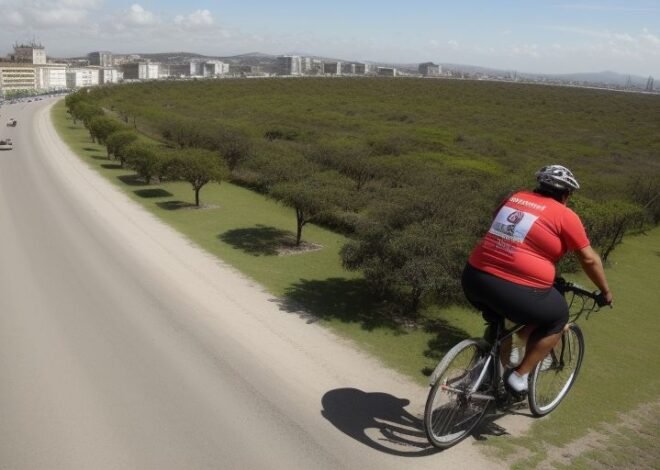
Australia Introduces Bill To Ban Social Media For Children Under 16
As a measure to protect young children, the Australian government has proposed legislation that locks children under 16 years of age out of social media, which would be a first-in-the-world action. The Communications Minister Michelle Rowland introduced the bill to Parliament and then stressed the necessity of children’s safety in the context of the new media world. It is important to note that the proposed law is targeting social evils that affect children while using social media; these include; bullying, and exploitative content.
TikTok News New legislation could cost social media giants, including TikTok, Snapchat, Reddit, and Instagram, up to $33m for not stopping under-16s signing up. Rowland went on to say the following about this law: ‘This law has reshaped the social expectations whereby youngsters, particularly young teenagers, and children, are now interacting with social media sites; hence the need to intervene immediately in order to safeguard young teenagers and children from tainted content in social media.’
Supported by both major parties, the bill came to epitomize parents’ and educators’ new unease about the impact of social media on young people. A survey commissioned by the government established that 95% of the caregivers in Australia regard Cyber safety as one of their most important parenting concerns. Rowland said that social media companies are thus under pressure to do more and could improve on their approaches, note that the aim of the initiative is to protect young people rather than penalize or ostracize them.
While the suggested ban has found support from child psychologists and other specialists in the field of digital security, some have expressed an opinion that 14- and 15-year-old users should be isolated from the established presence online. To address these apprehensions, Rowland wanted to stress that there would be no banning of messaging services, online gaming, or any platforms that significantly positively impact the health and education of their users. She explained that it is not true that there are no risks in messaging applications or in online gaming, but here, users do not face such an algorithm that filters content and psychologically corrupts people to make them consumed by the desire to get to the next level.
To put the age restriction into operation, the government has stated that a consortium headed by the British firm Age Check Certification Scheme will look for various technologies that may help them estimate and verify users’ ages. Tony Allen, the chief executive of the Age Check Certification Scheme, said that the two technologies included in consideration are age estimation and age inference, which means the collation of numerous facts about persons to presume they are of a particular minimum age.
The legislation also touches on data privacy issues, and according to Rowland, misuse of personal data obtained for age verification can attract a fine of up to AU$ 50 million. Data that is used only for age verification purposes must be deleted upon performing that task unless the user consents to have his/her data saved, which also safeguards young users and their respective information.
The Digital Industry Group Inc., which represents the digital sector in Australia, has described the age limit as a “reductionist 20th-century solution to 21st-century problems,” but the government has not budged on this issue. This aggressive decision of Australian authorities may cause like-form actions in other countries, which deal with similar concerns regarding youth social media usage, thus putting the nation at the forefront of the emerging new regulatory approach for digital technology impact on society.
While the legislation passed through Parliament, it has brought useful debates on the role of new-age technology companies in the protection of the youth. Scholars in the field of child development and cyber safety say they support this move as they indicated that unfettered access to the social platform is actually wrong for child development’s welfare, bearing the potential to lower the self-esteem of children. They support organizational strategies that go beyond simple restrictions on children’s access and explain the principles of using the Internet safely to both children and parents.
This introduction of such a social media ban for children under the age of sixteen can well be considered a landmark in the context of the legislation in Australia as it has brought change required in the set of regulations that would define this country’s role in managing the influence exerted by digital technology on society. The world is watching Australia as the country’s pioneering approach may become a global model for protecting youth in the digital age while taking advantage of technological innovation to do that.


